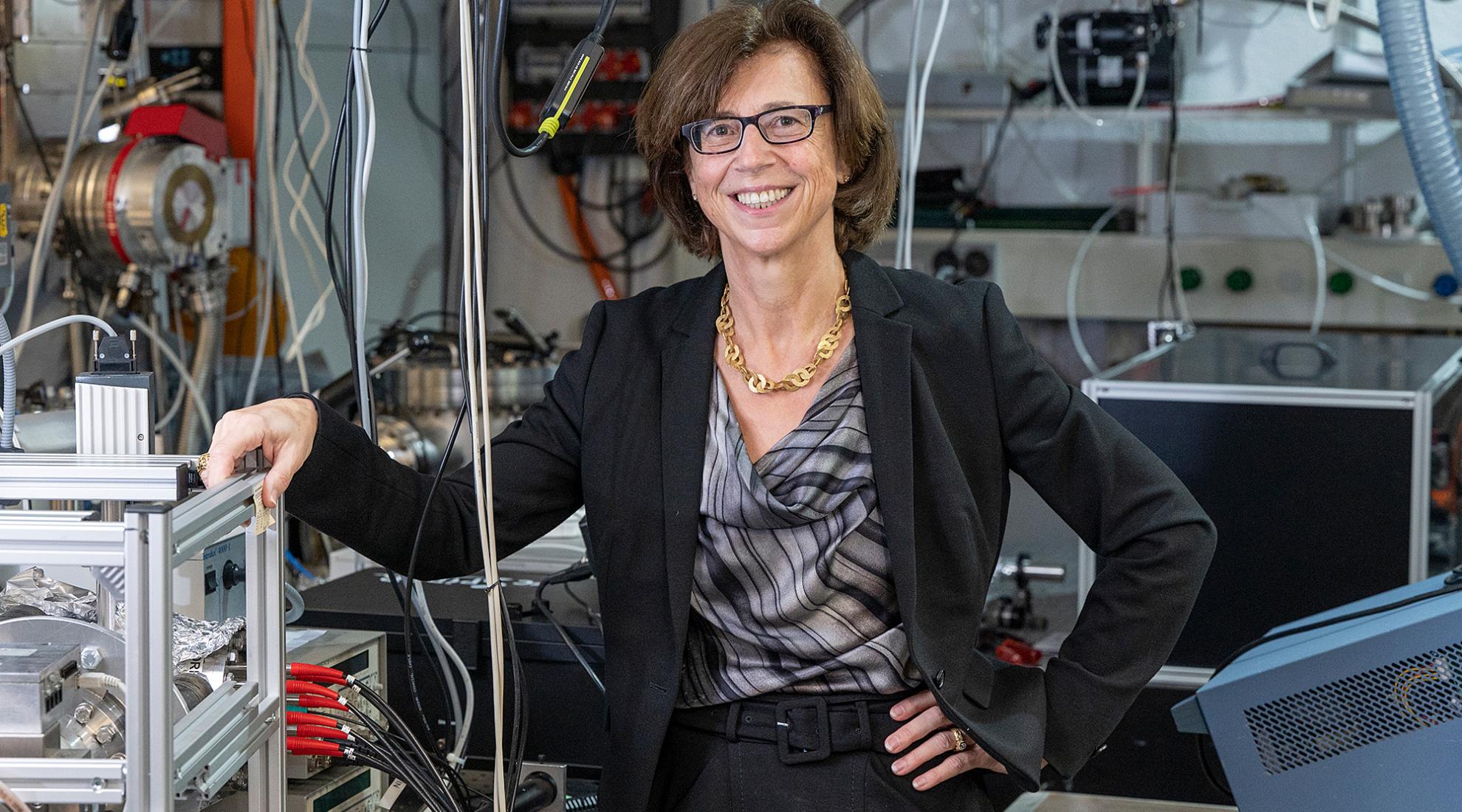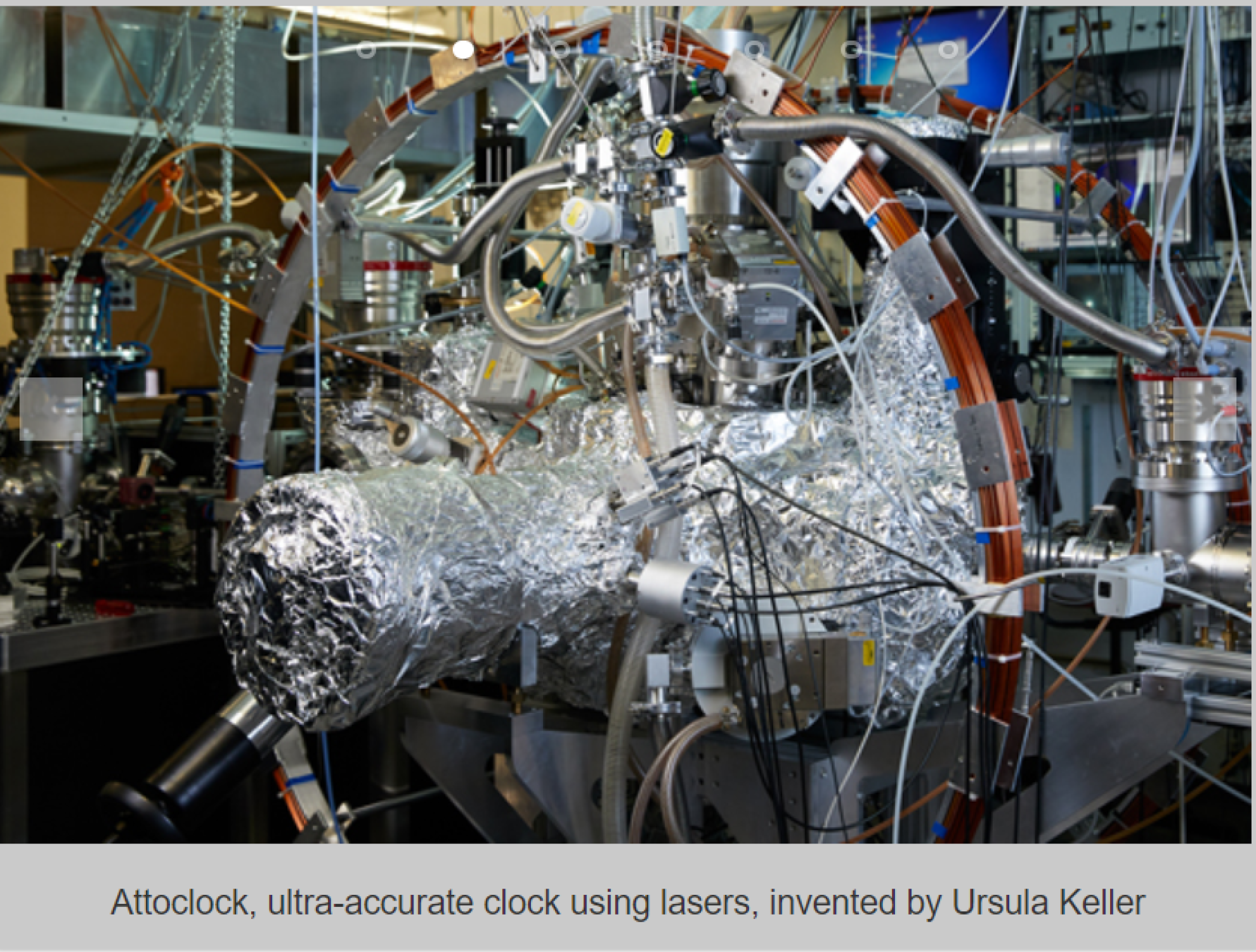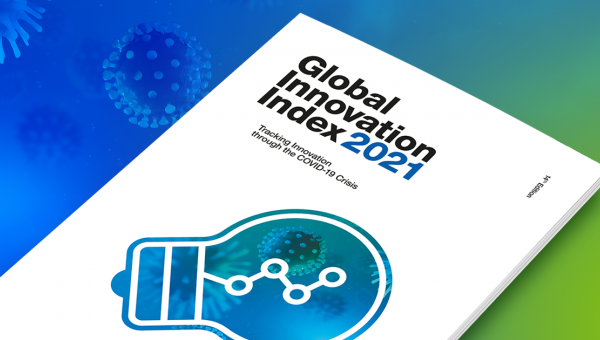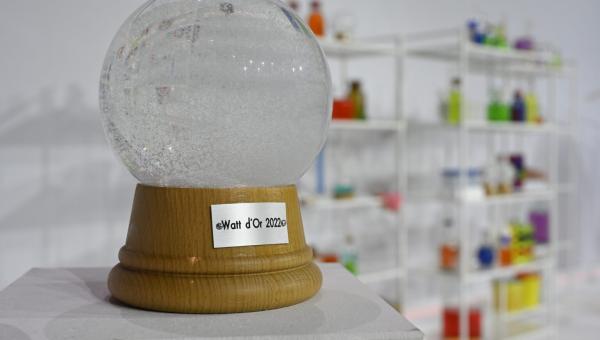‘Swiss Nobel Prize’ for pioneering work in ultrafast laser physics

For her great merits in science, in particular her ground-breaking work in ultrafast laser physics, Swiss physics professor Ursula Keller has received the Swiss Marcel Benoist Science Prize, which is regarded as the 'Swiss Nobel Prize' among researchers and endowed with CHF 250,000.
At the age of 30, in 1991, experimental physicist Ursula Keller from the Swiss Federal Institute of Technology in Zurich (ETH Zurich) invented a special laser: an ultrafast, pulsed laser. In the meantime, her concept is considered the industry standard and is used practically everywhere to make or measure almost everything from cutting and welding to fibre optics and performing surgery. Thanks to this outstanding discovery and her continuous research, Ursula Keller was the first woman to receive a chair in physics from ETH Zurich.
Shifting the boundaries
Early laser light was a continuous beam that heated up material excessively and damaged it. And for a long time, the solution – pulsed laser technology – was not sufficiently stable. Ursula Keller, the first woman to obtain a professorship in physics at ETH Zurich,managed to solve that problem by integrating a small piece of semiconductor into the system. The semiconductors act like a mirror up to a point. Laser light inside a crystal reflects between two mirrors, its energy amplified until a threshold is reached and the semiconductors emit a brief pulse of laser light. SESAM is the name Ursula Keller gaven to her laser, which stands for Semiconductor Saturable Absorber Mirror. This technology made it possible to produce light pulses lasting around a femtosecond – one millionth of a billionth of a second – using solid-state lasers. In this short time span the movements of atoms or the mechanisms of chemical reactions can be studied.
The world’s most accurate clock
In her ceaseless desire to find new purposes for the laser and driven by a strong interest in quantum physics, in 2010 Ursula Keller was also behind the attoclock, the world's most accurate clock at that time, capable of measuring an attosecond, i.e. a billionth of a billionth of a second.

Added to this are numerous awards from and memberships in leading research groups, such as the European Inventor Award in 2018.
Latsis young researchers’ prize
At the same time, it was announced that the Swiss Latsis Science Prize, which is awarded to young researchers and endowed with CHF 100,000, goes this year to the multi-talented Kerstin Noëlle Vokinger for her interdisciplinary methodological research activities in the fields of public law, medicine and technology. Vokinger, an assistant professor of public law and digitalisation at the University of Zurich, holds a doctorate in both law and medicine.
The topics she deals with in her research are of considerable relevance to science and society, such as the pricing of medicines for cancer treatment, personalised medicine and the regulation of innovative technologies.




